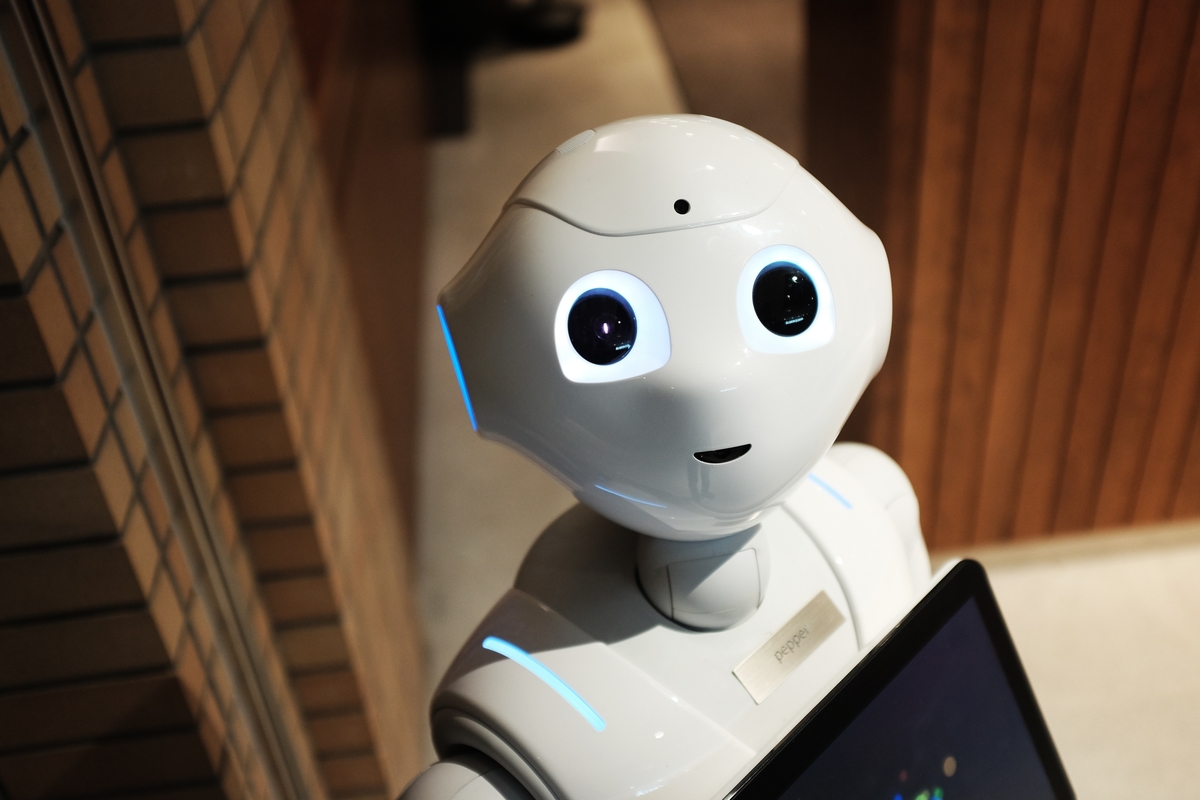Tech Fads? The Downsides of Using AI in Hiring

Anyone with experience in recruiting would agree that hiring is a time-consuming process. If you’re really lucky, you may find someone in a week. But statistics show that it takes on average 30 to 36 days to make a hire. Knowing in this modern day where it’s challenging to even choose where to go for dinner or what to wear to a party, imagine having to decide between two nearly identical candidates and make the final call on who to bring in.
In some instances, digital innovations and advances have provided new opportunities for companies to save time and hire better in different ways. One time-saving technology recruiters and employers are leveraging is artificial intelligence (AI), which has gained a new spotlight among HR professionals for its ability to deal with high-volume hiring. However, while many of these technologies promise to help organizations find the right person and screen out the wrong people in a much faster and easier fashion, they come with unintended consequences that may end up doing more harm than good to your hiring efforts.
Lacking the ‘Human’ in Human Resources
As much as we encourage people to explore new tech in their work, it is important to not lose sight of the human factor in hiring. Younger generations, particularly, like making connections, and they want a job that fits their values and culture. Interviews done by software take away their chance to properly connect with their peers and seniors. Perhaps you can bond with them over emojis and memes along the road, but candidates can be put off by the lack of human touch in the initial stages of their hiring journey. With so much focus on building a positive candidate experience these days, be mindful of how people may perform when facing a robot, and not a person.
AI Can Be Biased
AI may have won over the HR community for its promise to eliminate human bias, such as gender and race preferences. However, it also learns through observing repeated behaviors. Much like YouTube’s recommended list and Instagram’s explore page, they use machine learning to prioritize contents on the basis of relevance and user preference. So if you like to cook, for every cooking video you watch, generates a new cooking video that the AI robot thinks you will enjoy.
In the case of hiring, there is a risk that AI will adopt selection biases from these patterns. Whether it’s intentional or a coincidence that you’ve been hiring people with traits alike, the AI system will think of this as your preference, hence favoring future candidates who share increasingly similar characteristics. In some instances, recruiting employees that are similar can contribute to consistent workmanship and may even indicate a good job fit, but a homologous team comprised largely of the same demographics can take away your efforts put into spreading diversity. Amazon, for example, had to scrap their automated AI program the moment they realized it showed bias against women.
You’re Missing Out on Great Candidates
AI is an invention designed to recognize patterns and context. Its job is to pick out keywords in a resume that are relevant to the job description. But the flaw in this is that most job seekers aren’t aware of how AI will process their application. So if you’re looking to hire a software developer but the resume says “Java experience”, will it be able to connect the dots? AI screening doesn’t allow you to assess the tone, personality, and overall design of a resume or cover letter either. For jobs with strong preference for good writing skills or a design eye, you’re at a disadvantage using an algorithm that does nothing more than a word-for-word match.
Would You Give AI a Chance?
Many of these new-gen talent tools have emerged as technological innovations, rather than from scientifically-rooted methods. For a tech still in its infancy like AI, there are no easy answers to the many questions raised about bias and inclusivity. But looking back at a time when the closest thing to a recruitment software was a file cabinet and a phone, there is every reason to believe that the future of AI will become more reliable and valid to enable job success.